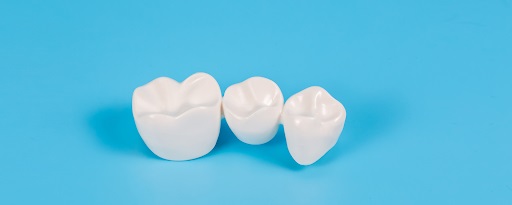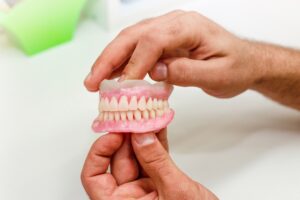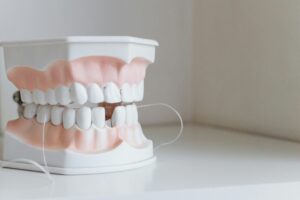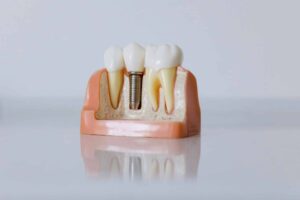Many people wonder whether dental crowns, used to restore weak or damaged teeth, are a permanent solution. The answer depends on various factors, including the type of crown and how well it’s cared for.
Types of Crowns and Their Durability:
- Porcelain Crowns: Known for their aesthetic appeal, these crowns are durable but can chip or break with rough handling.
- Metal Crowns: Made from gold or alloys, these crowns are highly durable and resistant to wear and tear.
- Porcelain Fused to Metal (PFM) Crowns: Combining the strength of metal with the aesthetics of porcelain, these crowns are a popular choice for many patients.
Factors Influencing Crown Longevity:
- Oral Hygiene: Proper care, including regular brushing and flossing, significantly extends the life of a crown.
- Dental Care: Regular dental check-ups are crucial to monitor and maintain the condition of the crown.
- Wear and Tear: Avoiding habits like teeth grinding can prevent damage to the crown.
Maintenance of Dental Crowns:
To maximise the lifespan of a dental crown, maintaining good oral health is key. This includes routine brushing, flossing, and using mouthguards if necessary. Also, attending regular dental check-ups allows for early detection and repair of any issues.
In conclusion, while dental crowns are not ‘permanent’ in the sense that they will last a lifetime without any care, with proper maintenance and oral hygiene, they can last a very long time, effectively restoring and protecting a weak or damaged natural tooth.








